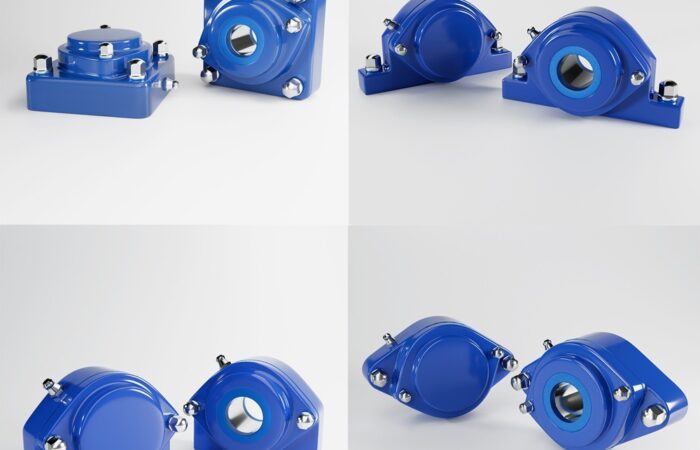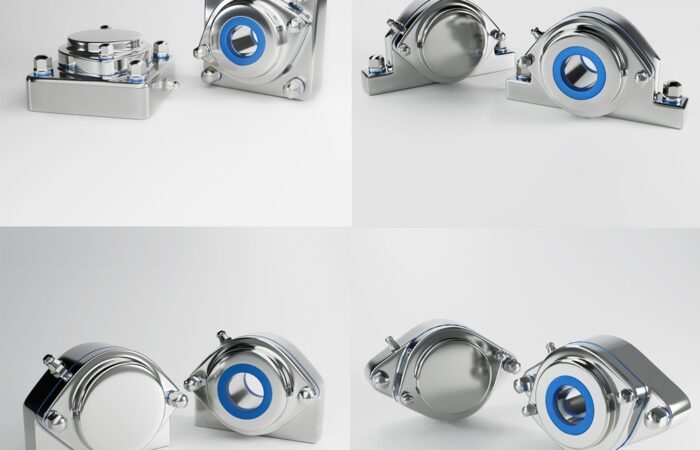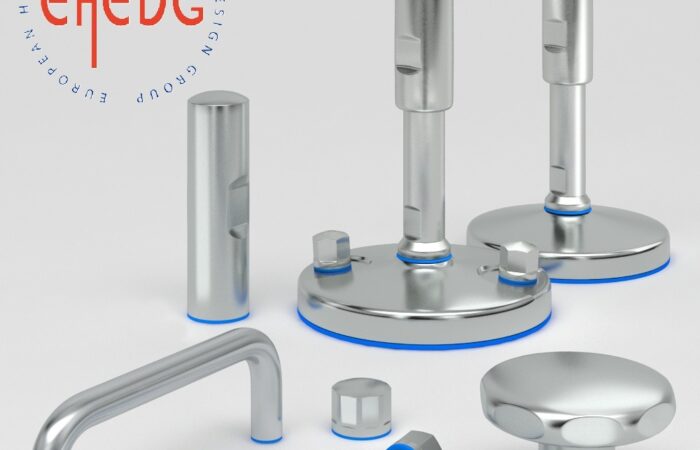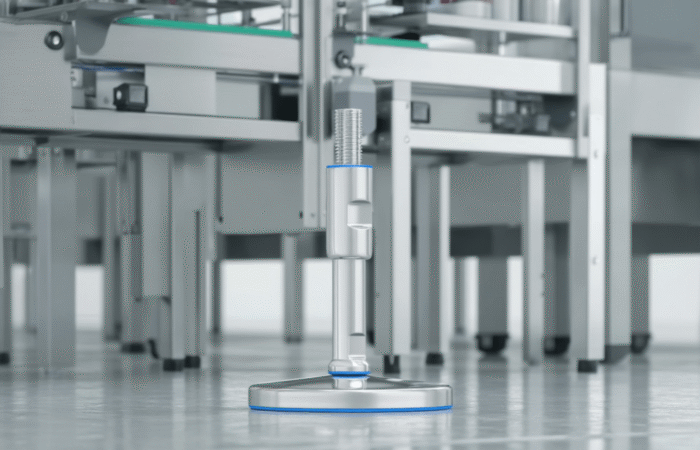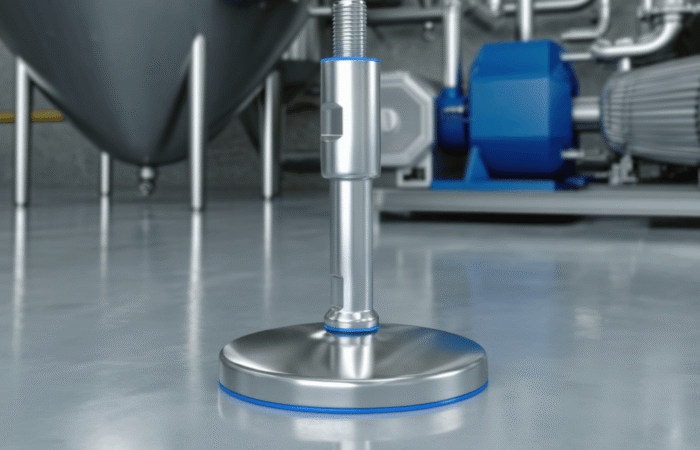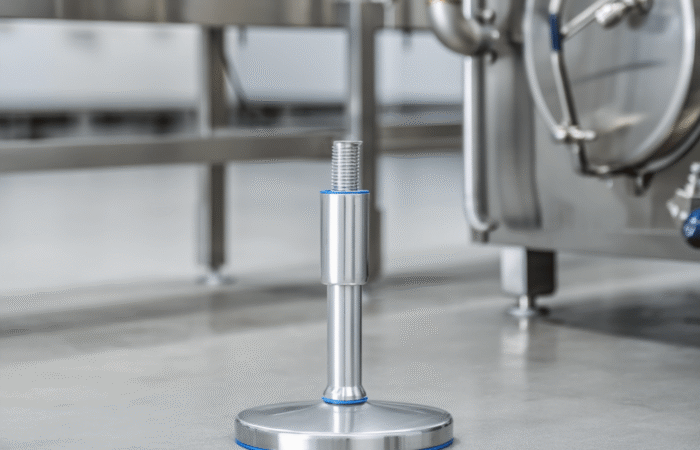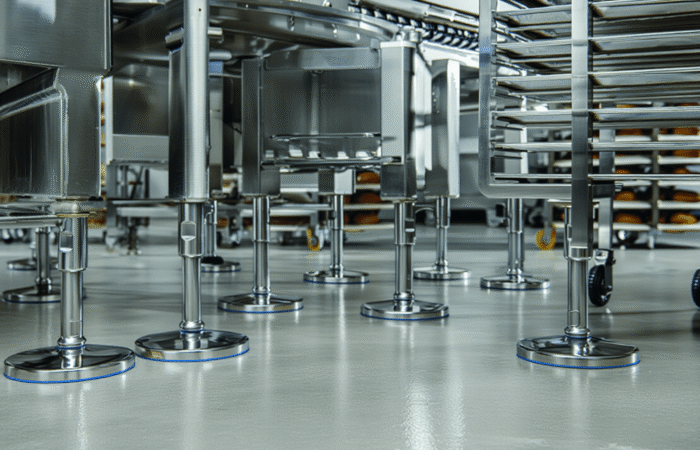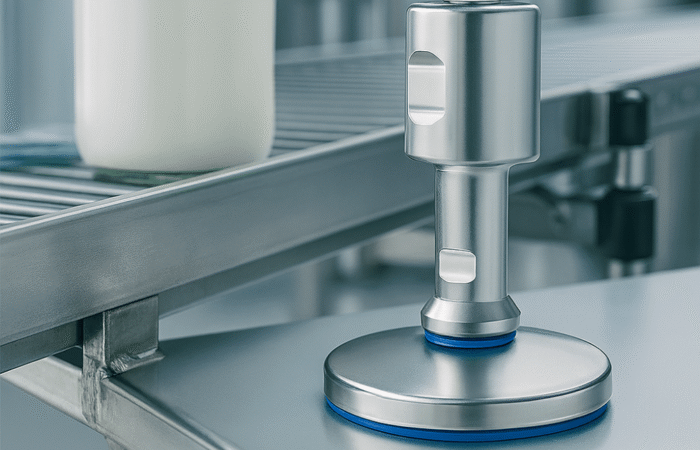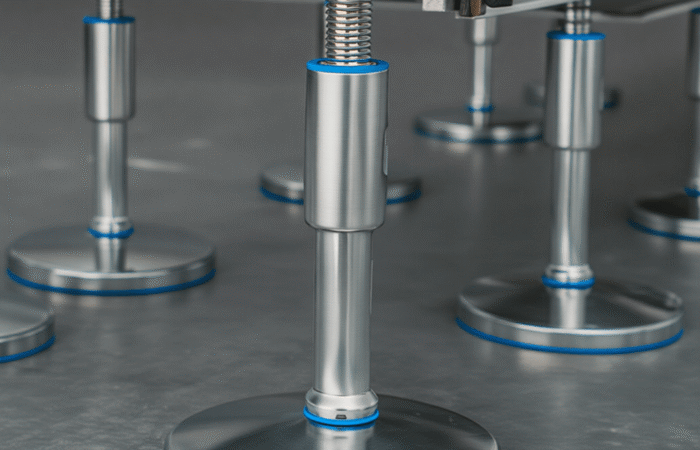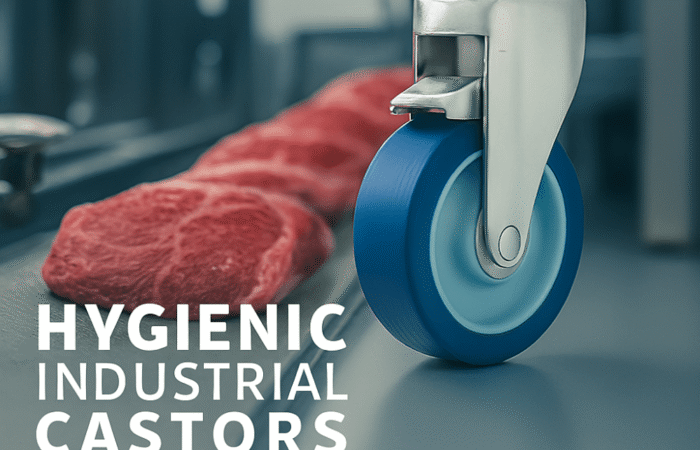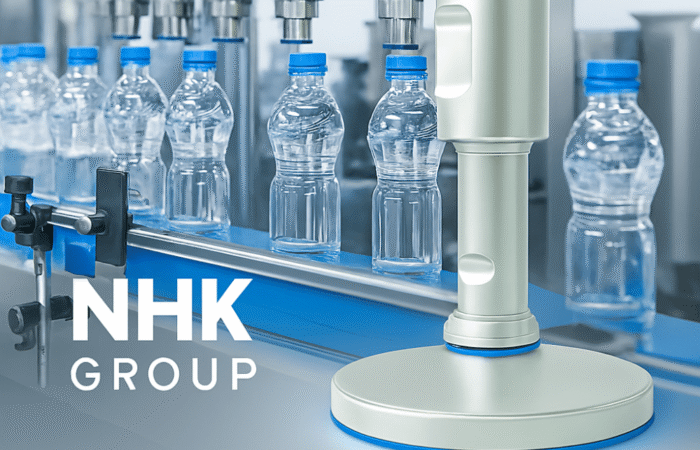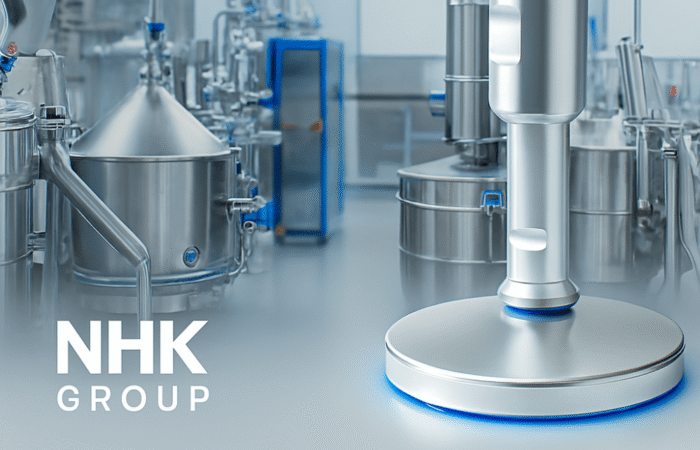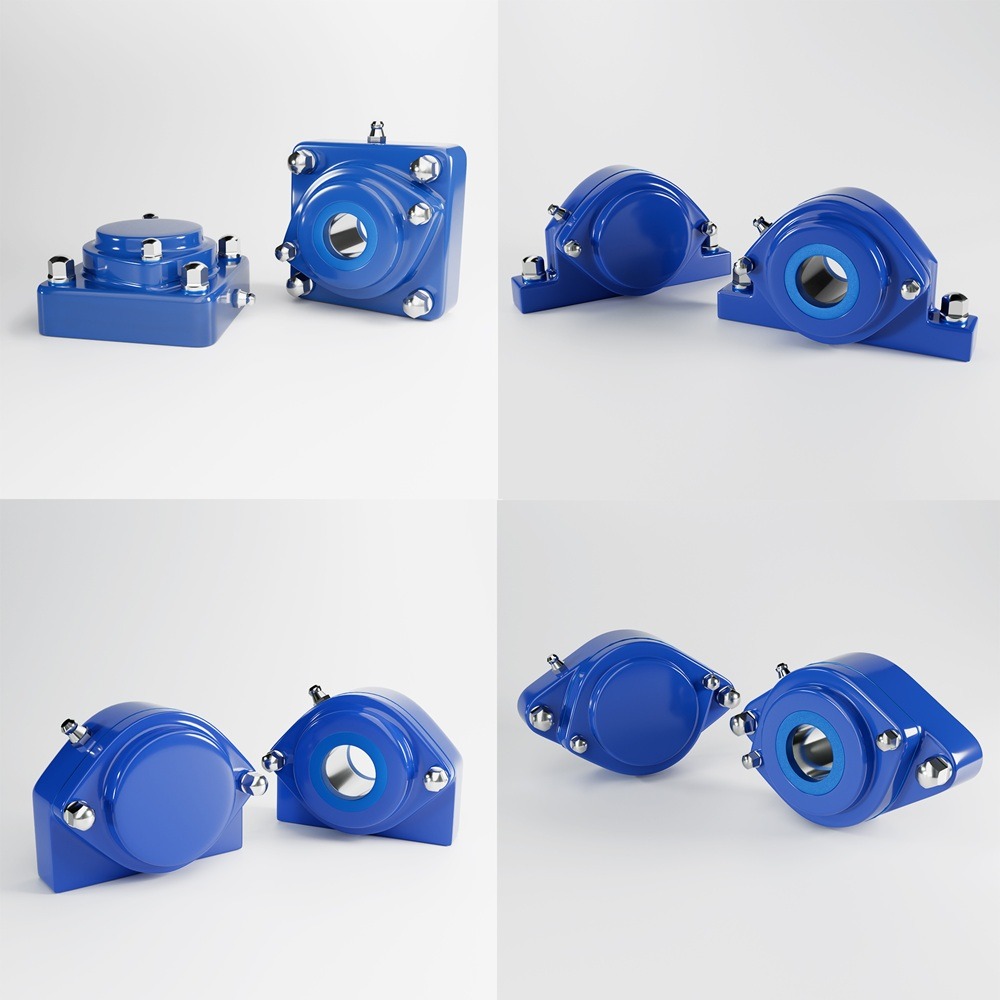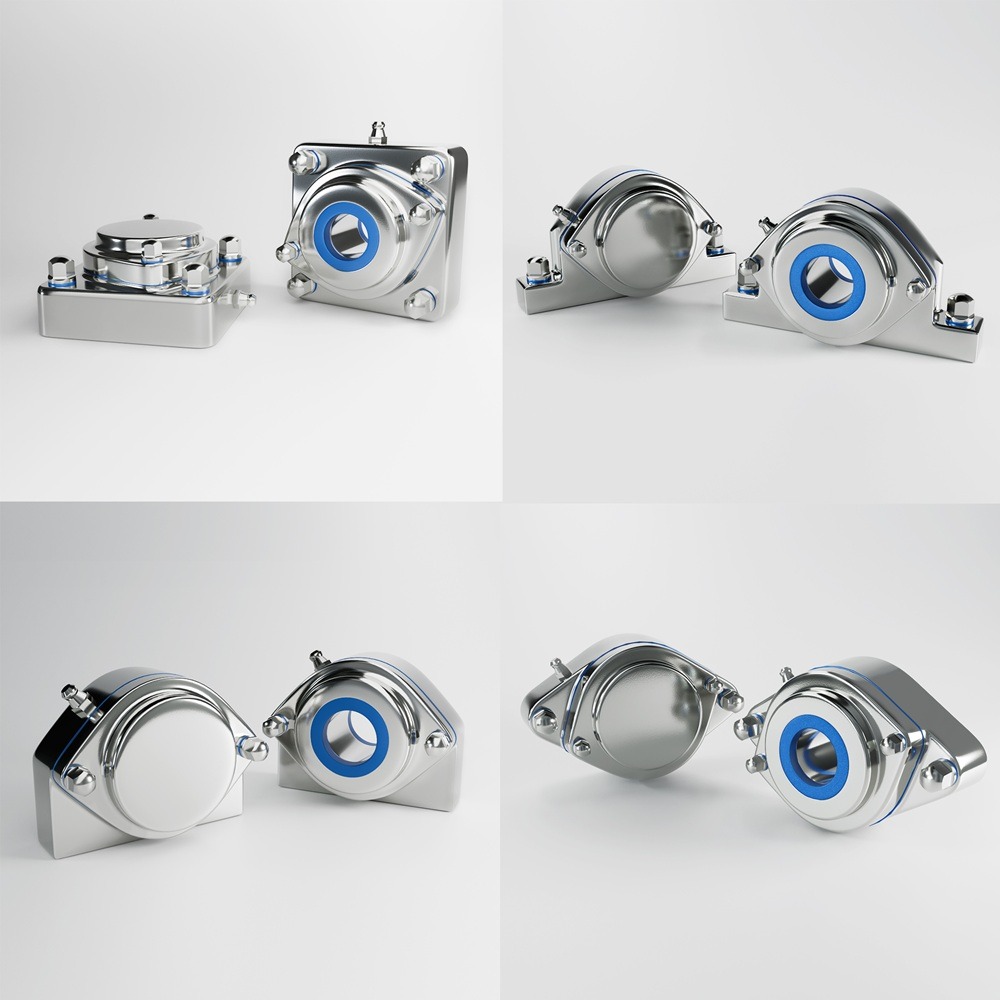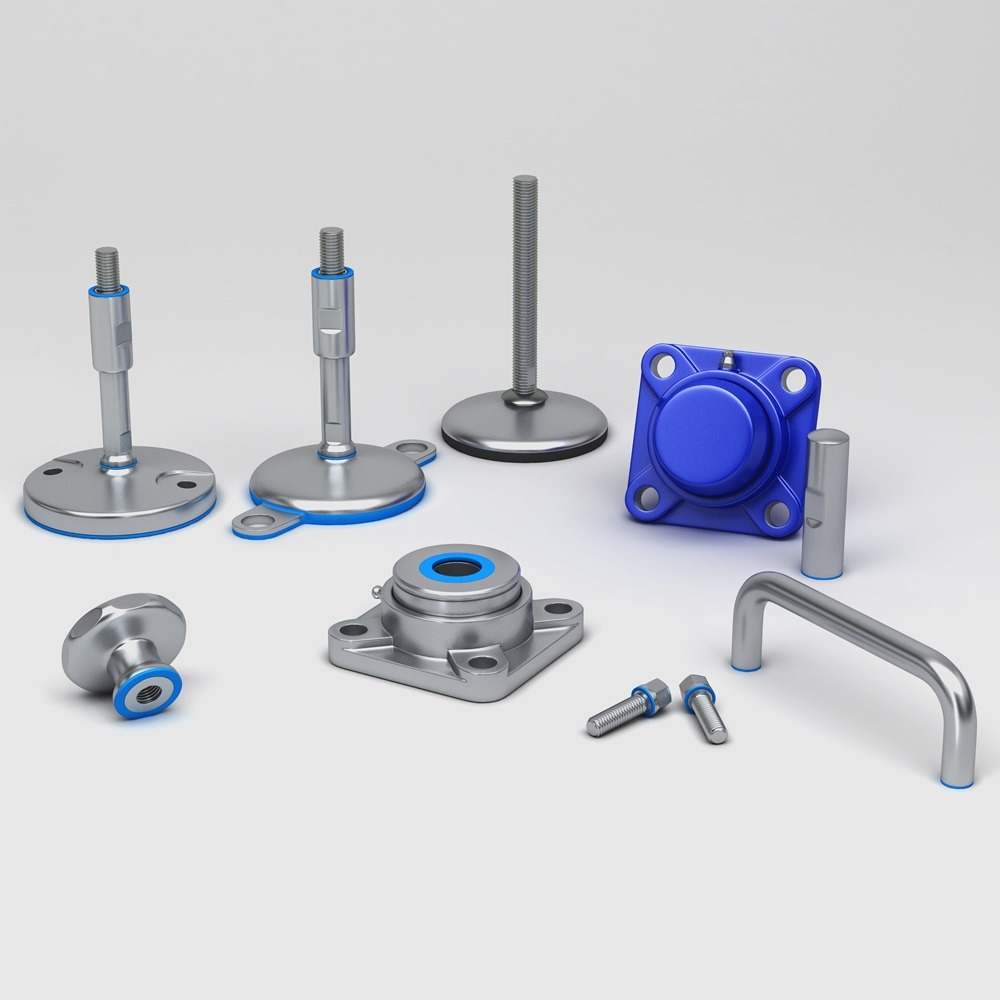
Sanitary Industries Using Certified Stainless Steel Machine Parts
In highly regulated industries like food, beverage, pharmaceuticals, and biotechnology, strategic planning and development are paramount to success. For companies operating within these sectors, integrating stainless steel machine parts with certified hygienic designs is not merely a choice but a strategic necessity. Stainless steel components, known for their durability, resistance to contamination, and regulatory compliance, provide a solid foundation for operational excellence. From packaging lines to processing plants, these components streamline processes, enhance hygiene, and contribute significantly to sustainable and strategic growth. Strategic planning in sanitary and hygienic industries involves aligning organizational objectives with the tools and technologies that promote compliance, efficiency, and quality. Machine parts crafted from certified stainless steel are designed to meet stringent industry standards, such as ISO 14159 for hygiene and EN 1672-2 for food safety. These standards ensure that stainless steel components can withstand rigorous cleaning cycles, resist corrosion, and prevent bacterial growth. By embedding certified stainless steel machine parts in planning frameworks, businesses can meet regulatory standards while enhancing the reliability and longevity of their equipment. Certified stainless steel parts also enable companies to maintain a clean and sterile production environment, critical in industries where contamination risks can have serious implications. This reliability is essential for meeting production goals and establishing a reputation for quality—a core component of long-term strategic success. Stainless steel is the preferred material for machine parts in industries where hygiene is paramount. Its properties—such as resistance to rust, corrosion, and bacterial accumulation—are ideal for environments requiring high sanitation standards. In the food and pharmaceutical industries, stainless steel machine parts, including leveling feet, bearings, and conveyor components, are fundamental to maintaining safe operations. These parts are designed to be easy to clean, non-reactive with food and chemicals, and robust enough to endure high-pressure washdowns and harsh cleaning agents. Strategic use of stainless steel in machine design ensures a lower total cost of ownership (TCO) by reducing the likelihood of frequent repairs or replacements due to corrosion. Furthermore, stainless steel’s recyclable nature aligns with sustainable practices, a critical component in modern strategic development plans focused on environmental stewardship. One of the primary goals in strategic planning is process efficiency, which directly impacts profitability and sustainability. Machine parts crafted from certified stainless steel improve efficiency by reducing the downtime required for cleaning and maintenance. In sectors such as dairy processing or pharmaceutical manufacturing, minimizing equipment downtime is crucial to maintaining production continuity. The hygienic design of certified stainless steel parts helps prevent product contamination, ensuring that companies can meet quality standards while optimizing their resources. Stainless steel components’ durability and high resistance to wear and tear reduce maintenance frequency, translating into fewer disruptions and a smoother, more reliable production cycle. For strategic planners, this reliability offers a competitive edge, as companies can reduce costs associated with frequent part replacements or product recalls. For companies in hygienic industries, regulatory compliance is non-negotiable. Certified stainless steel machine parts play a vital role in meeting the requirements of global food safety standards, such as HACCP (Hazard Analysis Critical Control Points), FDA (Food and Drug Administration), and EHEDG (European Hygienic Engineering & Design Group). These regulations mandate that equipment must be free from contaminants, easy to clean, and able to withstand sterilization processes without degrading in performance. Certified stainless steel parts offer a streamlined path to compliance by providing components that inherently meet these regulatory requirements. Their compliance-friendly design makes it easier for companies to achieve and maintain certification, a significant strategic advantage in a competitive market. Additionally, using certified parts can help prevent costly recalls, fines, and damage to brand reputation, further underscoring their value in strategic planning. Strategic development in hygienic industries isn’t just about meeting standards; it’s also about leveraging innovation to stay ahead of market trends. Certified stainless steel machine parts contribute to innovation by enabling the development of machinery that is more efficient, durable, and adaptable. This adaptability is particularly valuable in industries like food processing, where production lines may need to handle diverse products with varying sanitation requirements. The versatility of stainless steel parts supports modular equipment designs, allowing manufacturers to modify or expand their production capabilities to respond quickly to new products or market demands. Furthermore, stainless steel’s longevity ensures that the investments companies make today will continue to serve them as they evolve, helping businesses align their operational strategies with long-term growth goals. Sustainability is increasingly a cornerstone of strategic development. Stainless steel, being 100% recyclable, is one of the most sustainable materials used in machine parts for hygienic industries. The durability of certified stainless steel components means they can serve for extended periods without requiring replacement, thereby reducing waste and conserving resources. Additionally, stainless steel parts contribute to energy savings. Their durability minimizes the energy-intensive processes involved in frequent manufacturing replacements, reducing the overall environmental impact of production lines. By incorporating stainless steel parts into their machinery, companies can meet sustainability targets, comply with environmental regulations, and demonstrate their commitment to reducing their carbon footprint. For companies in sanitary and hygienic industries, the use of certified stainless steel machine parts is not merely an operational decision; it’s a strategic one. By investing in components that provide durability, compliance, and efficiency, companies position themselves for success in a competitive, regulation-heavy market. Certified stainless steel machine parts contribute to smoother, cleaner, and more reliable production processes, ensuring that companies can meet both quality and regulatory expectations. From streamlining production lines to reducing downtime and supporting sustainability goals, certified stainless steel machine parts offer a comprehensive solution that aligns with the core elements of strategic planning and development. For businesses in the food, pharmaceutical, and other hygienic industries, these parts are more than components—they’re investments in future growth, regulatory compliance, and a sustainable, competitive advantage. Certified stainless steel machine parts play a pivotal role in strategic planning within sanitary and hygienic industries. Their durability, ease of maintenance, and compliance-friendly design make them indispensable to companies aiming for operational excellence and sustainable growth. For businesses committed to quality, safety, and efficiency, these parts provide the foundation for strategic success and long-term market leadership. Certified stainless steel machine parts are essential for strategic planning in sanitary and hygienic industries, including food, beverage, and pharmaceutical sectors. These components meet stringent regulatory standards, ensuring durability, corrosion resistance, and easy sanitation. By integrating certified stainless steel parts into production, companies enhance operational efficiency, reduce downtime, and maintain product safety, vital for achieving compliance and quality assurance. Additionally, their longevity and sustainability support long-term goals, reducing frequent replacements and aligning with eco-friendly practices. For companies committed to high standards, certified stainless steel machine parts provide a robust foundation for strategic growth and industry leadership. Industrial machinery requires precision-engineered components that meet exacting standards for durability, safety, and performance. This comprehensive guide explores the essential machinery parts that drive modern manufacturing across food processing, packaging, and chemical industries. Understanding the difference between Pillow Block Bearings and Flanged Bearings is crucial for engineers and procurement professionals seeking to optimize equipment longevity. Pillow block bearings, also known as plummer blocks, are self-aligning bearing units that simplify installation and significantly reduce maintenance costs. These versatile components mount on machine frames and support rotating shafts with exceptional precision, ensuring smooth operation in demanding industrial environments. Flange bearing units offer a more compact alternative, featuring integrated flanges that enable direct mounting to flat surfaces without additional hardware. Both designs come in various materials, including stainless steel grades optimized for corrosive environments and food-grade applications where hygiene is paramount. The importance of material selection cannot be overstated in machinery design. 440 Stainless Steel and 420 grades offer distinctly different properties suited to specific applications and environmental conditions. The 440 stainless steel variant provides superior hardness and exceptional edge retention, making it ideal for cutting tools and high-wear applications requiring maximum durability. Meanwhile, 420 stainless steel offers better corrosion resistance and is preferred in food processing equipment where chemical exposure is common. Hygienic stainless steel components have become essential in food machinery, meeting EHEDG standards and facilitating rapid equipment cleaning required in modern food production facilities. Understanding ingress protection ratings is equally critical for machinery durability and operational reliability. IP67 rating ensures protection against dust and temporary water immersion, while IP68 rating provides complete dust protection and sustained water immersion capabilities for submerged operations. The IP69K standard represents the highest protection level, specifically designed for high-pressure wash-down environments found in industrial food processing facilities. These ratings define how effectively machinery components withstand environmental challenges and maintain performance. Modern industrial facilities increasingly demand equipment that combines high performance with ease of maintenance and sanitation. The choice between different bearing types depends on operational requirements, environmental conditions, and budget constraints. Proper component selection ensures extended equipment lifespan, reduced downtime, and improved operational efficiency.Enhancing Strategic Planning in Sanitary and Hygienic Industries with Certified Stainless Steel Machine Parts
The Role of Certified Stainless Steel Machine Parts in Strategic Planning
Stainless Steel and Its Impact on Hygienic Machine Part Design
Enhancing Process Efficiency Through Hygienic and Certified Machine Parts
Meeting Compliance Requirements with Certified Stainless Steel Parts
Driving Innovation in Packaging and Processing Through Certified Components
Long-Term Benefits and Sustainability in Using Certified Stainless Steel Machine Parts
Strategic Success Through Investment in Certified Machine Parts
Strategic Planning and Development in Hygienic and Sanitary Industries Using Certified Stainless Steel Machine Parts
Enhancing Strategic Planning in Sanitary and Hygienic Industries with Certified Stainless Steel Machine Parts
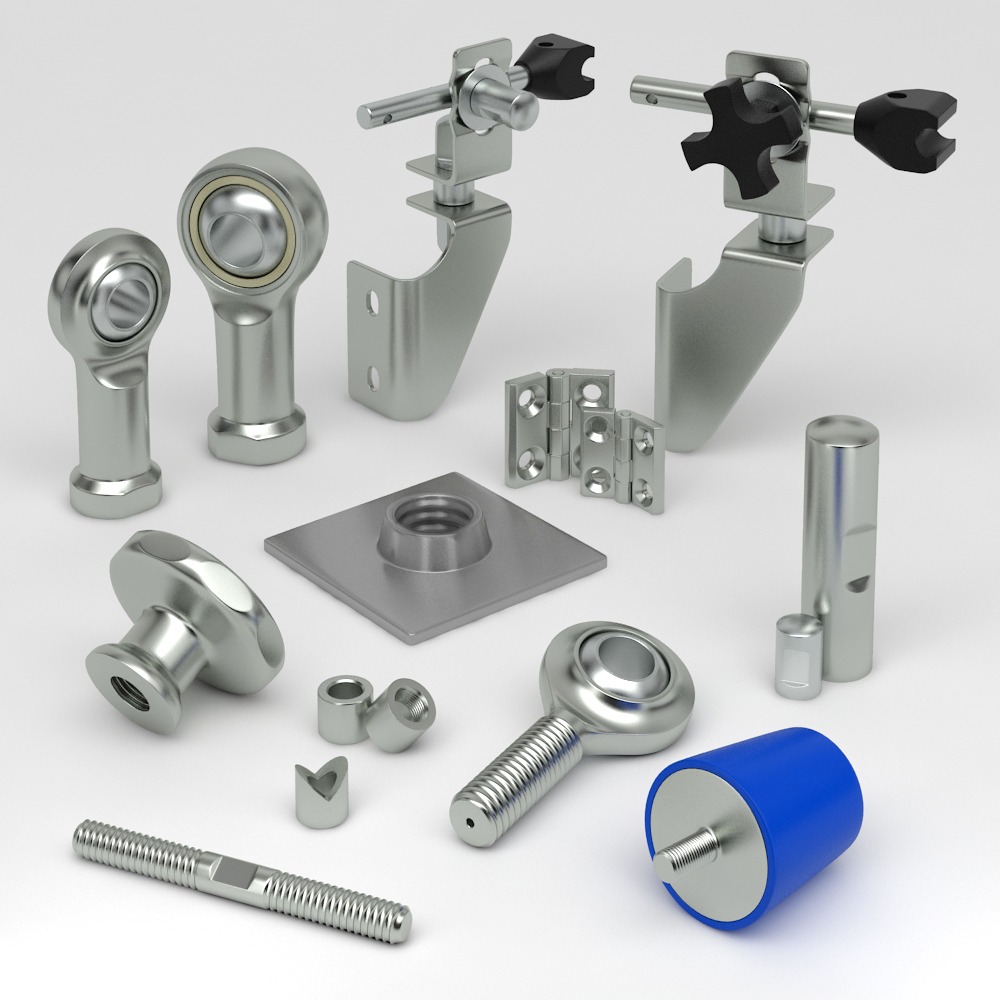
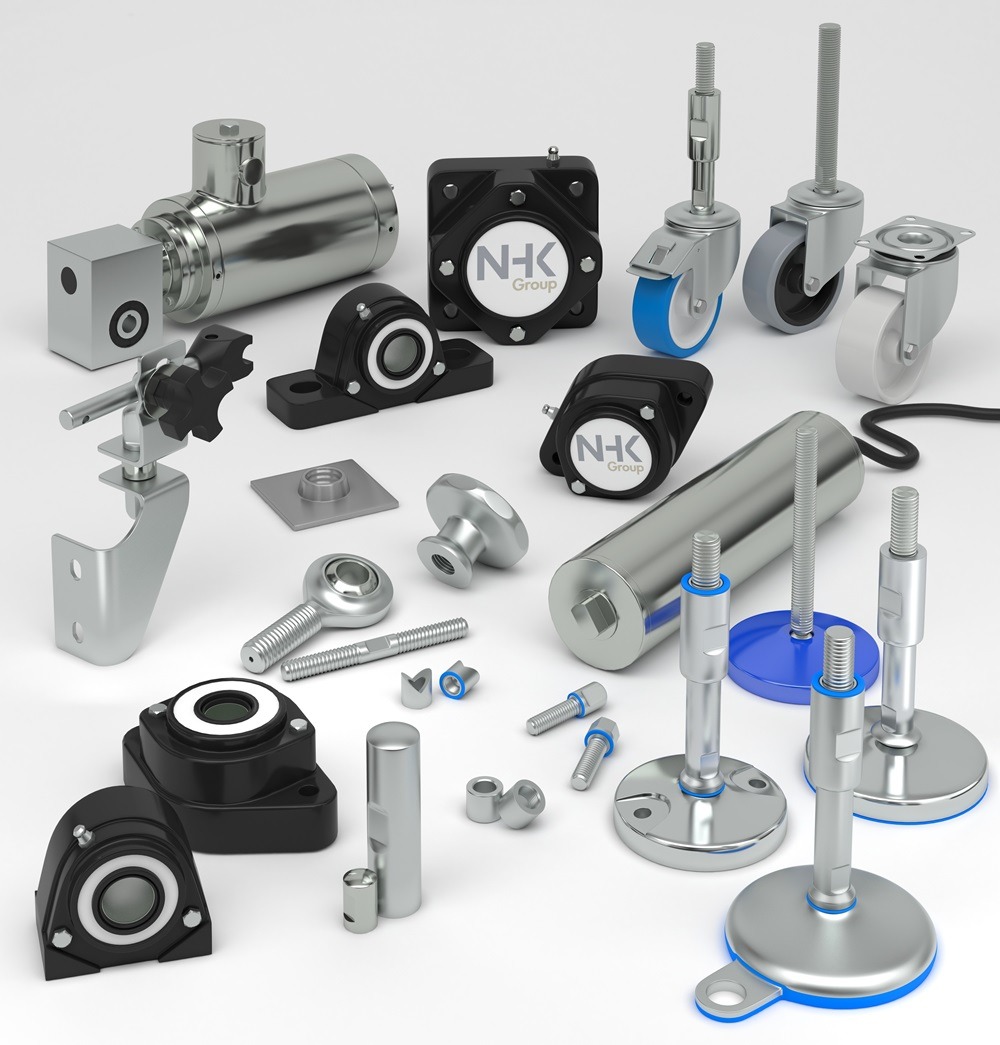
Contact
Understanding Machinery Components & Protection Standards
